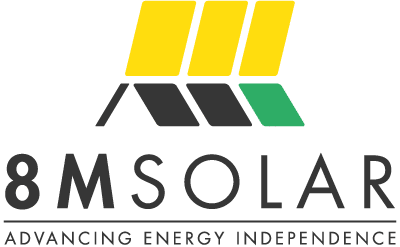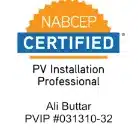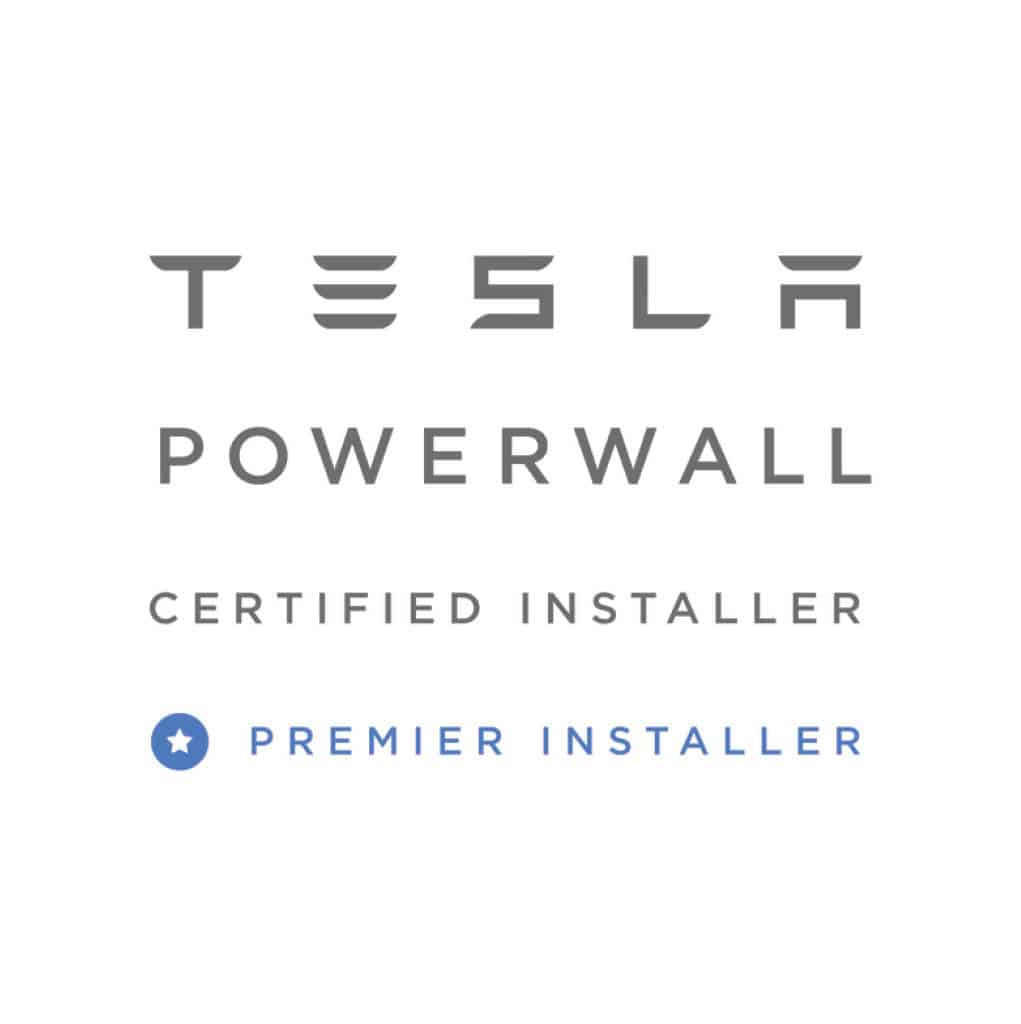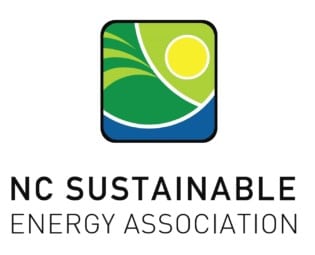Evolution of Residential Solar: A Move to Self Consumption
For the past decade or so, grid-tied solar PV systems have become very popular. Grid-connected systems are less complex, the customer uses the energy produced inside the home first, and excess energy is sent back to the grid. The electric utility then pays the customer back based on their solar interconnection riders. In places where net metering is available, battery backup solutions are only used to provide power in emergency situations.
However, some utilities are limiting net metering and instead giving customers less money for energy sent back to the grid than for energy consumed from the grid.
For a homeowners who want to shield themselves from this situation, the solution is solar self-consumption. In this model, instead of selling energy back to the grid one can store it in a battery and use it at night. The graph below shows how a traditional home uses energy:
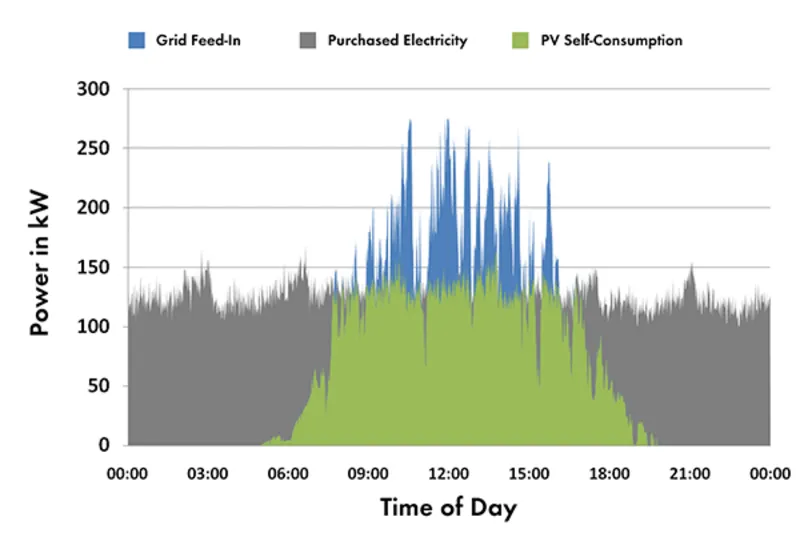
How do solar battery backup systems work?
Essentially a battery is an energy storage device installed to take the extra power produced by most solar PV systems during the day and store it for use either at night OR in an outage situation. Most residential battery solutions available right now have a storage capacity of around 9.8 kWh. Depending on the critical loads connected, these can last anywhere from a day to a couple of days if it is sunny outside and recharging can happen.
There are great battery companies out there now who give customer great portals to look their homes usage production graphs, a complete 360 profile of your energy management. Enphase Energy, Sonnen Batterie , LG Chem with SolarEdge and more. They offer great features to incorporate self-consumption to your solar pv system.
Check our solar panel projects , we can help you find the best option. Contact Us Today!
